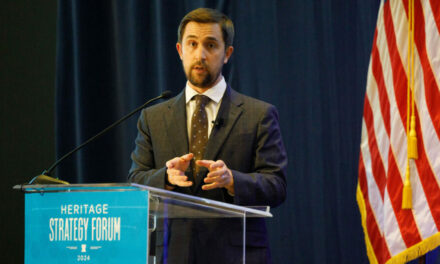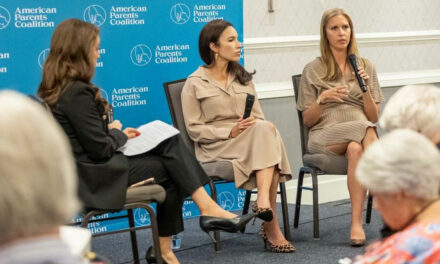We support our Publishers and Content Creators. You can view this story on their website by CLICKING HERE.
At the height of the Civil War, enslaved men, women, and children sat together in Watch Night services all over America as they eagerly waited for Lincoln’s measure, the Emancipation Proclamation, to go into effect on Jan. 1, 1863. Along with the enslaved were free blacks and abolitionists intent on grasping the freedom they had collectively envisioned and relentlessly pursued through their advocacy, sermons, speeches, and courageous escapes.
They had little idea what their futures held, but the imminent realization of their human dignity in the land of their birth could not wait.
They could not have known that it would still be over two years before some of them were actually freed—after all, June 19, 1865, was when the Union Army arrived in Galveston, Texas, the most western state of secession, with jubilant word of emancipation. It would be almost exactly 100 years before the Civil Rights Act of 1964 addressed some of the most egregious state-sanctioned effects of their bondage under which ensuing generations would suffer and similarly overcome.
In fact, unbeknownst to them, multiple civil rights acts, constitutional amendments, and voting and fair housing acts would serve as stones of remembrance along a road littered with poll taxes, convict leasing, and housing discrimination. All they knew at the moment was that for themselves and their progeny, they had fought desperately to be freed from chattel slavery and had triumphed. But what they’d won was a battle, not the war.
In a doubtless very different way, the same is true today for pro-lifers fighting to eradicate the evil of abortion after the Supreme Court’s Dobbs v. Jackson Women’s Health Organization decision. What we’ve won with the overturn of Roe v. Wade is a battle. An important stone of remembrance on a journey toward protecting life. But the broader fight to defend and secure the dignity of every person remains with us today.
Respectively, this should change how we celebrate these two days. Juneteenth and the Dobbs anniversary aren’t merely commemorative. These are reflective yet joyous moments that help us draw strength and resolve for the strenuous days ahead. These are days that remind us of the grave, staggering cost of victories like the abolition of slavery and the end of Roe.
These days, most importantly, do not mark end points. They mark waypoints.
Abortion hasn’t ended since Roe fell. In fact, a number of data sets suggest abortions have gone up overall, or at least maintained a fairly steady pace nationwide. None of the underlying reasons women seek abortions have changed much since the Dobbs decision.
To be sure, many programs are doing indispensable work changing the lives of women all across America. Human Coalition, where I work, is proud to call many of them friends, allies, and comrades. We work to protect and serve mothers because we know that ending abortion will require much more than a Supreme Court ruling.
And we know what helps women choose life. The overwhelming majority of women who obtain abortions are unmarried. Strong marriages make for happier, more secure mothers—and secure, happy mothers know they can safely choose to carry a baby.
Of course, marriage is not a universal solution. Material and social support like that offered by many pregnancy centers and state Alternatives to Abortion programs help relieve the overwhelming pressure new mothers often feel. They help provide medical referrals, case workers, housing, diapers, cribs, mentorship, and more.
That’s where our fight for life will continue: Resolutely, tirelessly setting out to meet the needs of our most vulnerable mothers and families. Our movement can’t stop in the courtroom. It must enter the homes of those who need help—lovingly, quietly, with nothing in mind but justice and service.
And this difficult, unseen work is the work of real reform. This is the sort of work that prompts lasting cultural change, that helps lift up women considering abortion—who feel trapped—into positions of real empowerment and happy motherhood.
So don’t let Juneteenth or the Dobbs anniversary pass without taking a moment to reflect on why we celebrate them at all. It isn’t just about lifting up the achievements of our predecessors or assuming the annals are complete. It’s about the work to come, and the work at hand today.
A nation where abortion no longer exists is a nation where justice has been realized for the unborn and for their mothers, fathers, and siblings. A nation where abortion no longer exists is a nation where the bitter victories of our past have guided us home to a better future.
If you want to celebrate the past, help build the future. Help build a nation that truly honors, and vindicates, the very best of its yesterday by investing the very best of its today.

 Conservative
Conservative  Search
Search Trending
Trending Current News
Current News 





